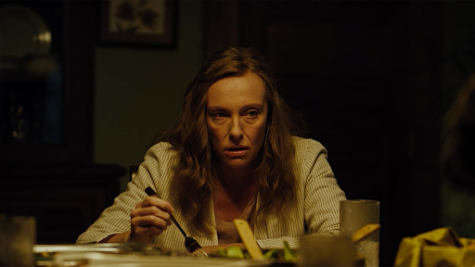The Problem with the Past
People continually romanticize the imperfect past while ignoring progress that has been made since then.

The gender roles of the 1950s are only one issue that we associate with this often-glorified period.
May 11, 2023
Romanticization of the past has become a trend that fluctuates throughout the decades, moving from one time period to the next. People are now finding it trendy to say that they were born in the wrong time period or that they are an old soul and wish they could go back in time, particularly to the 1950s. Romanticization is not only hindering current progress but also fails to account for the not-so-great aspects of the 1950s.
People commonly go for things that are unachievable, and the 1950s are just far enough in the past where people can feel distanced from it. The 1950s are often viewed as a more simple time and are therefore desirable. In reality, it was a period filled with sexism and racism, where abuse was incredibly common and divorce rates spiked. After World War II, many families migrated to the suburbs in pursuit of a quieter life. The idea of a nuclear family, with a mom, dad, one boy, and one girl, rose to popularity. The white picket fence home along with other factors gave rise to the idea of suburban living. Now, this is what many want to attain without understanding that along with this lifestyle came a rise in domestic abuse and racism. According to 123HelpMe, women were often pushed aside when reporting abuse because of the scarcity of laws that prohibited it. Additionally, segregation was still at an all time high and would not be abolished until a decade later.
People who romanticize this time period hinder society from moving forward. They focus on what the past was instead of what the future could be. When a time period is being looked at, then it should be viewed fully, regardless of the problems. Not doing so can be dangerous for public perceptions of its own history, allowing it to repeat the same issues that society has moved away from.
















